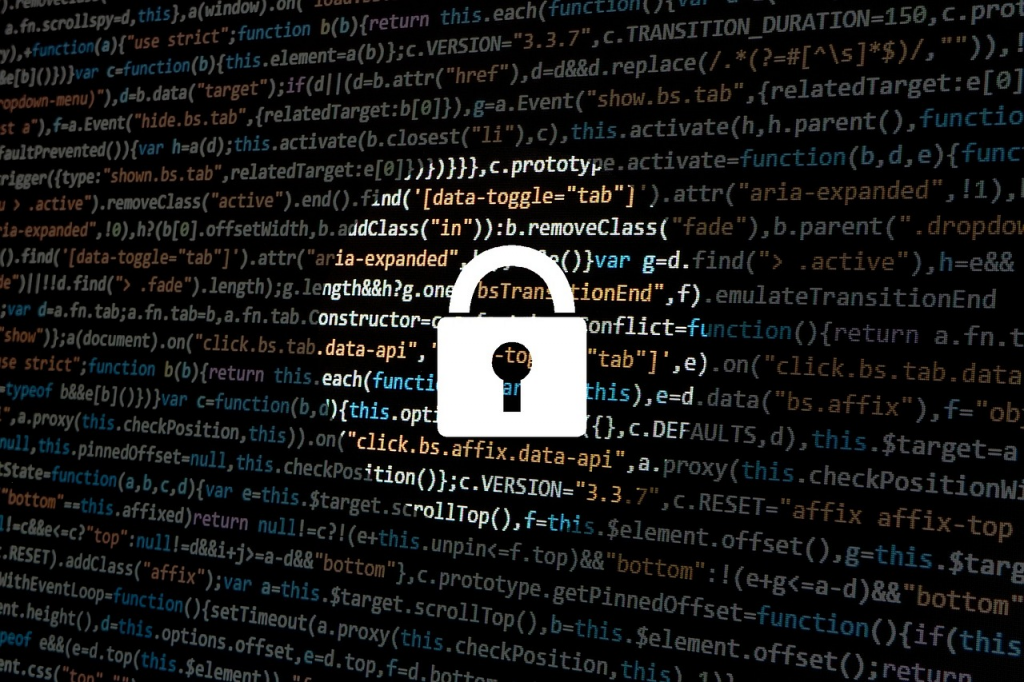Fraud and other financial crimes can be a major blow to any business. Even getting victimized a single time has the potential to cost your business a ton of money and even hurt your reputation amongst the public. Fraud and financial crimes can come in all shapes and sizes, and even small businesses can be taken advantage of.
But in addition to businesses losing money to financial crime and fraud, it can also impact individuals. In fact, American consumers lose billions of dollars to fraud each and every year. If you want to learn how to best protect yourself, you’ve come to the right place. Read on to learn some of the best ways to protect yourself (or your business) from financial crimes.
Perhaps the best way to protect yourself from financial crimes is to keep private information private. If you are giving out personal details, bank information, or passwords to those who shouldn’t have them, you could find yourself in trouble.
You may be surprised at how little information someone may need to either gain entry to your accounts, or victimize you in another way. Always think before you speak, and be careful answering questions.
This is important both personally and professionally. Only those who need access to private information should have it, and be careful not to overshare, or it could land you in trouble. Even those who you might think are your friends, coworkers, or partners, could end up taking advantage of you, so be careful.
Use the Right Tools
Today, technology has essentially changed the world as we know it. In addition to making things simpler and more efficient, technology can also help protect us. There are firewalls and anti-virus software that can protect your home and business devices, and anti-money laundering tools and other tools that aim to prevent and detect financial crimes.
There are password management tools, penetration testing tools, and vulnerability scans that can make sure there are no weak spots. Things like two-factor authentication can also provide an extra layer of security for all accounts, too.
By using these types of professional and personal tools, you can make sure that your chances of falling victim are lower than they could have been otherwise.
Learn How to Identify Potential Scams and Schemes
Oftentimes, it is us ourselves who end up providing the information that fraudsters and criminals need to defraud us. Things like phishing attacks are becoming more common, and the strategies that criminals are using today to trick or defraud people are more advanced and believable than ever before.
If you truly want to be able to protect your personal and professional finances, you need to be able to identify the potential scams and schemes that criminals use. Always be weary when anyone is asking personal questions that aren’t relevant, and be careful clicking links in emails or text messages, even if they are from someone you know.
Also be on the lookout for fake invoices, fraudulent phone calls, someone pretending to be a government agent, fake check scams, and many others. On the personal side of things, this could be a phone call, email or text that tries to get you to click a link or share information.
If anyone tells you to lie to your family, coworkers or bosses, or creates a sense of urgency while trying to intimidate you, there is a good chance it could be a scam, as well.
We hope these tips are able to protect you or your business from falling victim to financial crimes.



